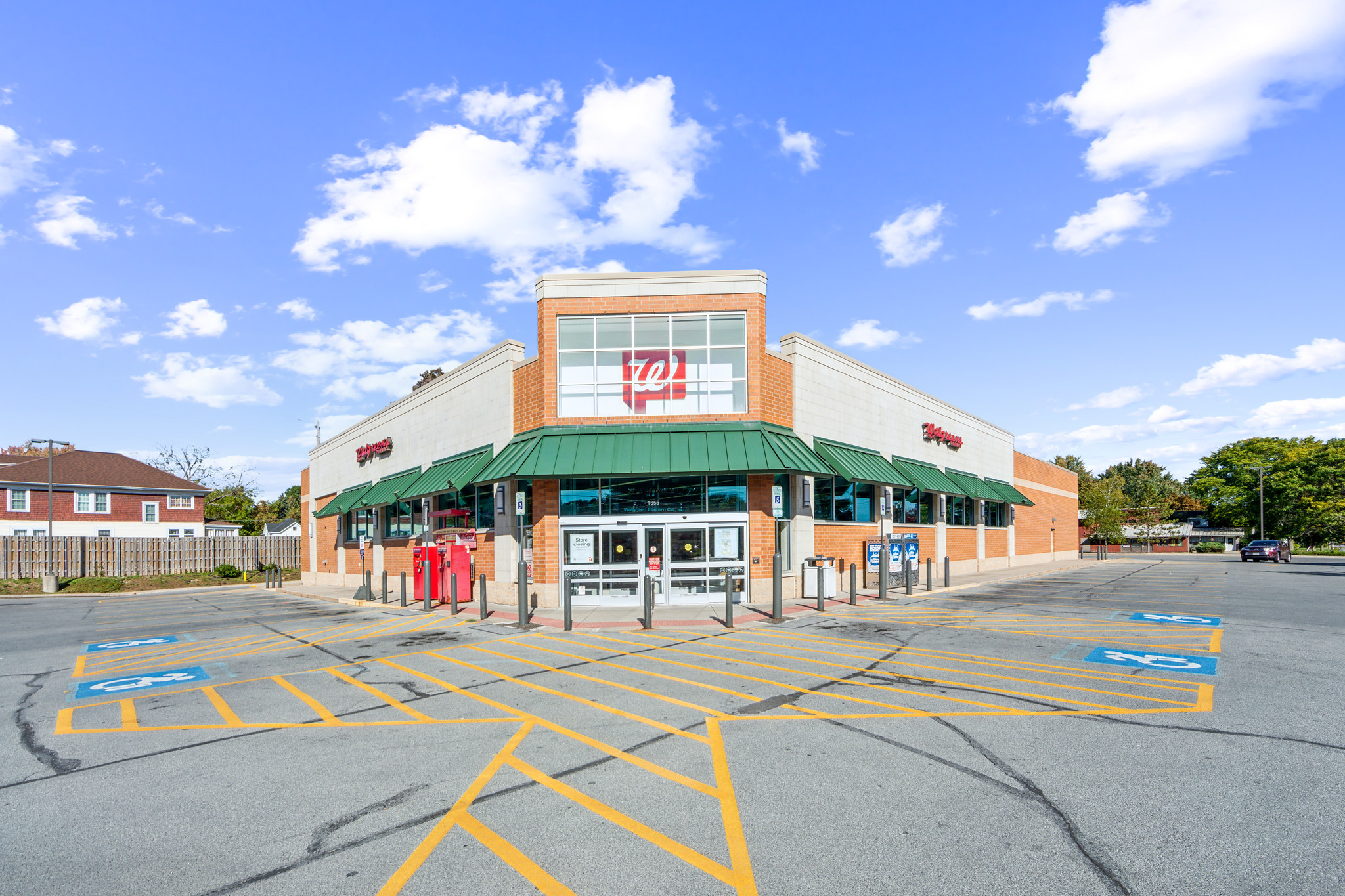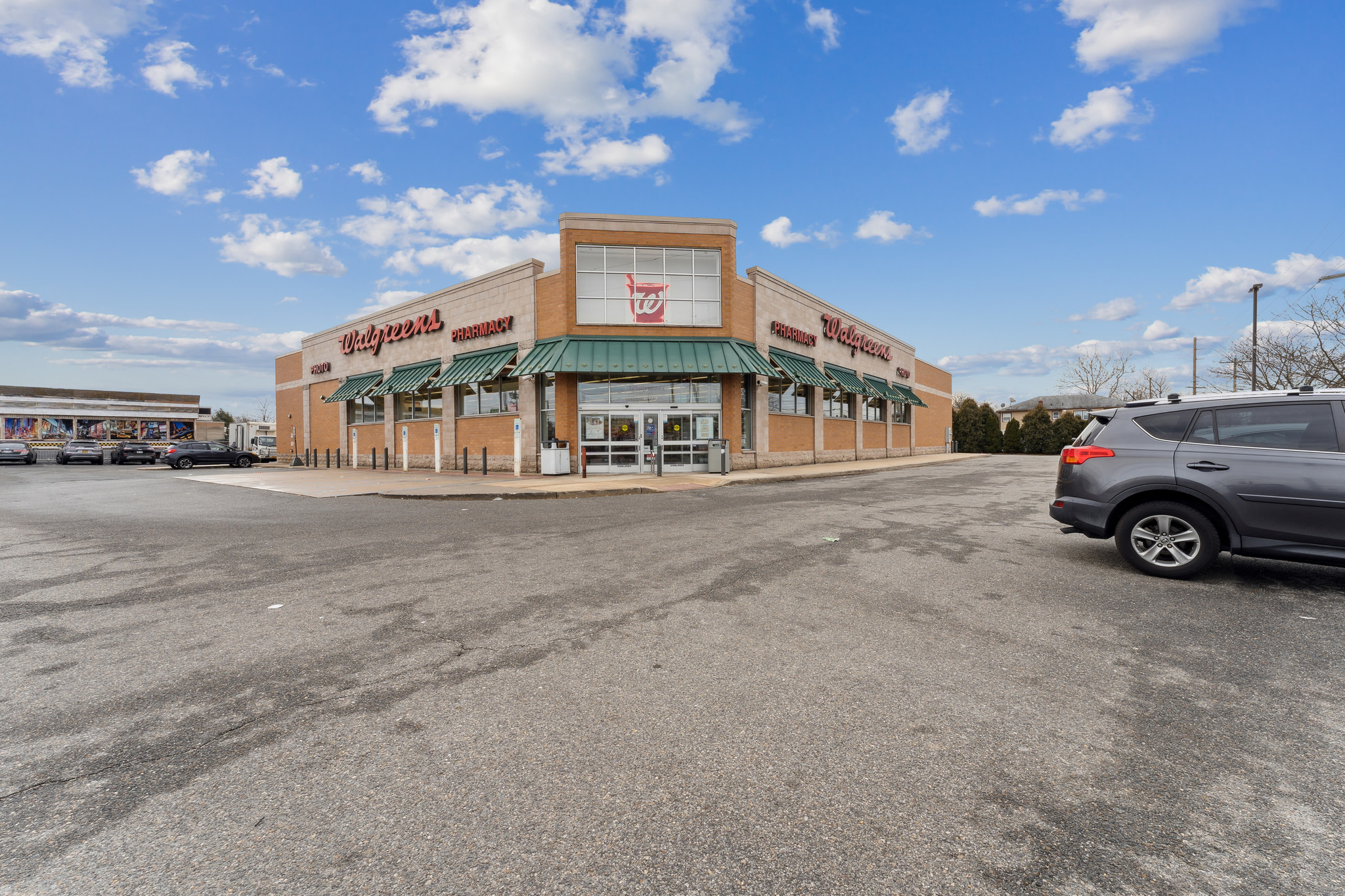Be Practical About What Hurts Property Value
The range of factors that hurt property value is huge but you’ve got to be practical about it. Some things are beyond your control. If a sinkhole opens up in your yard or the economy takes a dive, there’s little you can do about it.
There will always be things that are out of your control. What you can control is how you respond to them. This useful piece of stoic philosophy could help you turn your attention to finding lots of reasons for people to buy your property and using them to market it more effectively.
There are issues that can hurt the value or even the salability of your property. Identify these and put them right or at least mitigate the effect of these factors.
1. Neighborhood Comparison
Anybody looking at your home as a potential buyer will not confine their appraisal to your home alone. It’s normal to check out the local neighborhood and make comparisons. You might think that a nice neighborhood is going to act in your favor.
Of course, if you live in a run-down neighborhood it can depress the value of your property. People like to live in a nice neighborhood. You can’t easily control how well kept the neighborhood is but you can control how well your home is looked after.
When people compare your home to the other homes in your neighborhood they expect that your home should be similar. An uncared-for home in a nice neighborhood looks doubly bad. If this describes your home, upgrade the appearance of your home so that it matches the homes around yours and you’ll retain more value and find your home easier to sell at a price you’ll like.
2. Deserted House
You might be working hard to make your home attractive to potential buyers. Down the street, a “zombie” house can be wrecking all your good work.
A “zombie’ house is a deserted house. It may have been empty for some time and starting to decline. Broken windows, mold growth, and a neglected yard are tell-tale signs of a distressed property.
A deserted house is not just an eyesore. it can be dangerous too. It may harbor pests, squatters, or thieves who hope to strip it of valuable materials such as copper.
Find out if the house has been repossessed by a mortgage company. The county authorities or a local real estate agent may be able to help you with this.
Advise the mortgage company that the house is falling into disrepair. This may prompt them to maintain the house in their own interests.
Report any illicit activity to the police. Report any evidence of pests to the county authorities. If all else fails, get together with neighbors to clean up the yard and mow the grass.
3. Fracking Factor
Extracting oil and gas from the ground using fracking is a controversial procedure. One thing is clear. It reduces the value of homes.
A study by Duke University looked into the impact of fracking on property values. They found that property values dropped by 24% in areas where groundwater for drinking was taken within just over a mile of fracking operations. These figures are frightening but what can you do about it?
You can act to prevent fracking operations at federal, state, and local levels. A groundswell of popular opinion may prevent or delay a fracking project. A campaign can be successful as proved by the statewide ban on fracking in New York.
4. Poor Curb Appeal
Curb appeal is a term used to describe the impact your property has on a potential buyer as they drive by or pull up to view your property. This first impression can be the make or break in achieving a sale.
Does your yard look tired and unkempt? Are there cracks in your driveway and trash blowing around your house? Is there a car wreck on your driveway?
Take a few minutes to view your home as a potential buyer might.
If you have a wreck on your driveway have it removed. Even if you don’t have insurance to drive it a repossession company can recover it although they might need driveway insurance coverage.
5. Unique Style
Do you have a unique personal style? Perhaps you love garden gnomes or a wild garden environment that attracts wildlife. These aspects of personal taste are fine until you want to sell your home.
Marketing your home might mean compromising on your personal taste. It’s more important to adopt a style that will not put a buyer off, even if this is bland and uninteresting to you.
6. Smells and Stains
On viewing your property, a potential buyer is likely to be put off by any unexplained smells or stains. They could be evidence of water leaks, problems with the roof, or sewerage issues.
Investigate any unpleasant smells or stains and resolve the cause. Re-decorate after resolving the problem.
7. Legal Issues
Outstanding legal problems are unattractive to a potential house buyer. Check out any unresolved legal issues.
Include any construction that has been completed without the necessary permits. Try to have permits issued retrospectively. If this is not possible resolve any non-compliance with regulations.
8. Storage Space
A potential buyer will often check out storage space. If your home has a shortage of storage space resolve this issue even if you don’t need the extra space yourself.
There may be opportunities to create space in your attic or garage. Make it obvious that there are storage options even if you are not using them. An appraiser can build this into the valuation and describe them in marketing material.
Be Prepared
Whatever the issue be prepared to maximize the value of your home. Knowing what hurts property value, means you can act now to resolve the problem. Be a smart seller.
Browse our blog for more property related tips.







Leave a Comment